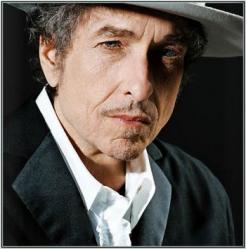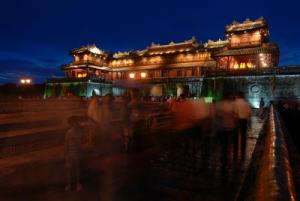Bob Dylan Performs in Honor of Vietnam’s Most Popular Composer

Bob Dylan, among the biggest names in the music industry is set to come to Vietnam in April for his Asian tour. Expected to gather around 10,000 eager fans, the show (named Bob Dylan tribute to Trinh Cong Son) will be staged at HCMC-based Royal Melbourne Institute of Technology University (RMIT) on April 10 to commemorate the 10th anniversary of the death of Trinh Cong Son, Vietnam's most popular composer.
The 70-year-old folk-rock icon and labeled as legendary American singer-songwriter is known to create songs that stir public awareness on world issues. Bob Dylan's imagination and energy with words is what made him famous. As people could recall the Vietnam-war days where people showed dissent over the conflict, Dylan protested through his music. He wrote anti-war songs which eventually became anthems for the US civil rights and anti-war movements. His early lyrics incorporated a variety of political, social and philosophical, as well as literary influences.
Dylan performs with guitar, keyboards, and harmonica. Backed by a changing line-up of musicians, he has toured steadily since the late 1980s on what has been dubbed the Never Ending Tour. His accomplishments as a recording artist and performer have been central to his career, but his greatest contribution is generally considered to be his songwriting. His talent won him numerous awards including Grammy, Golden Globe and Academy Awards and had him named among the 100 most influential people of the 20th century by the Time Magazine in 1999.
His performance to honor the popular Vietnamese composer is very important to the people as Son is widely considered one of the most salient figures of the country’s modern Vietnamese music. With over 600 compositions, he has been dubbed the “Vietnamese Bob Dylan” for his anti-war songs. After his first hit, “Uot Mi” (Crying Eyes), in 1957, Son became one of South Vietnam’s best-known singer-songwriters. The messages of his songs placed him under pressure by the government. But despite that, his melancholy songs about love and postwar reconciliation gained new acceptance and popularity from those who share his sentiment.









